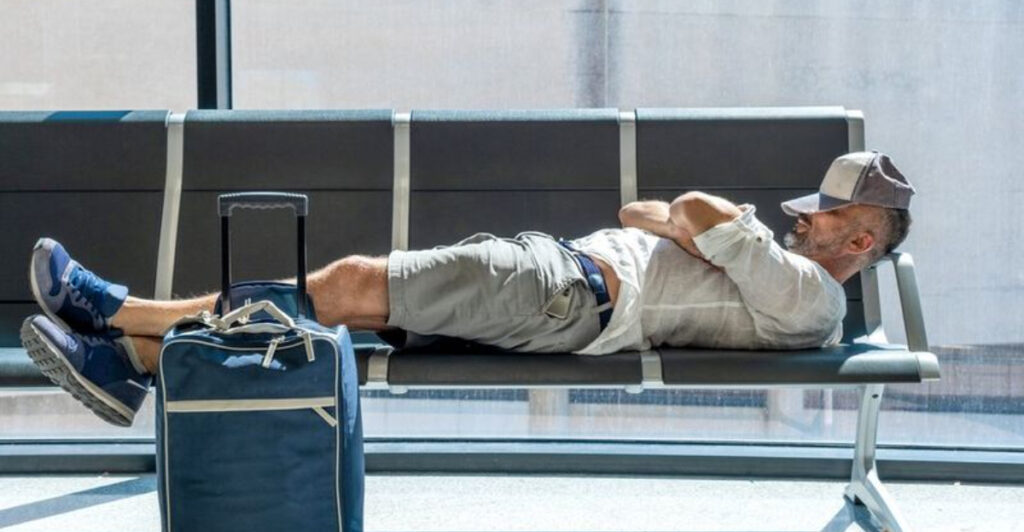After spending hours cramped in an airplane seat, your bed looks incredibly inviting when you finally reach your destination. While catching up on sleep seems like the obvious solution to flight fatigue, rushing straight to dreamland can actually make you feel worse. Fighting the urge to nap immediately helps your body adjust faster and makes your trip more enjoyable from day one.
1. It Delays Jet Lag Adjustment
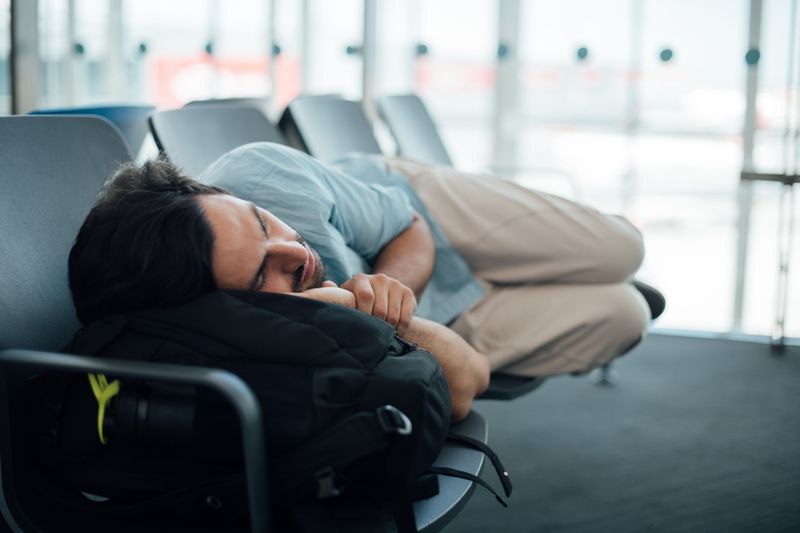
Your internal clock depends on light and activity patterns to know what time it really is. When you sleep right after landing, you’re basically telling your brain to ignore the local time zone completely.
Natural sunlight acts like a reset button for your body’s rhythm. Missing this important signal by napping indoors keeps you stuck in your old time zone longer.
That innocent afternoon nap often leads to wide-awake nights and groggy mornings for days afterward.
2. It Reduces Your Energy for the Whole Trip

Sleep scientists call it sleep inertia – that foggy, confused feeling you get after waking up from deep sleep. A long post-flight nap practically guarantees you’ll experience this grogginess.
Instead of feeling refreshed and ready to explore, you’ll stumble around feeling worse than before you slept. Your brain needs time to fully wake up from deep sleep cycles.
Those precious first hours in a new destination get wasted while you fight through mental fog and low energy.
3. You’ll Miss Out on Sunlight, Nature’s Reset Button
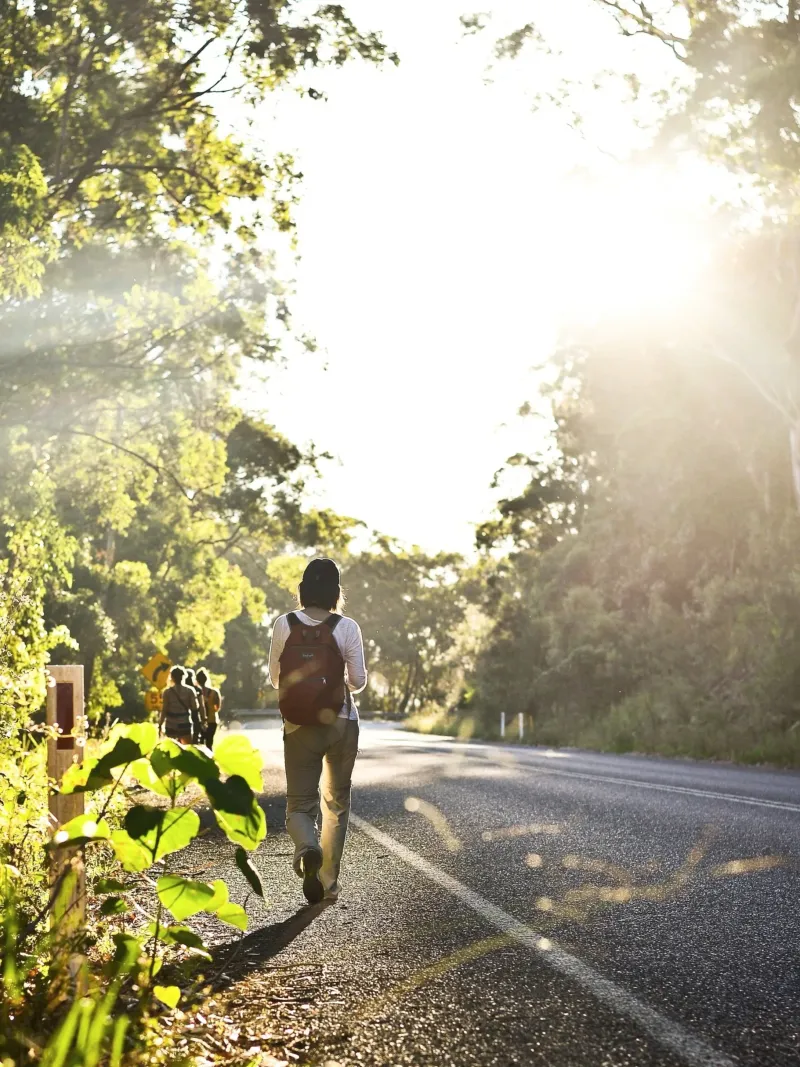
Sunshine triggers your brain to produce the right hormones at the right times. Melatonin drops when light hits your eyes, helping you feel alert and awake naturally.
Hiding in a dark room for hours means missing this free, powerful tool for beating jet lag. Even cloudy daylight works better than artificial indoor lighting.
A simple walk outside does more for your energy levels than any amount of sleep in a dim hotel room ever could.
4. Risk of Oversleeping
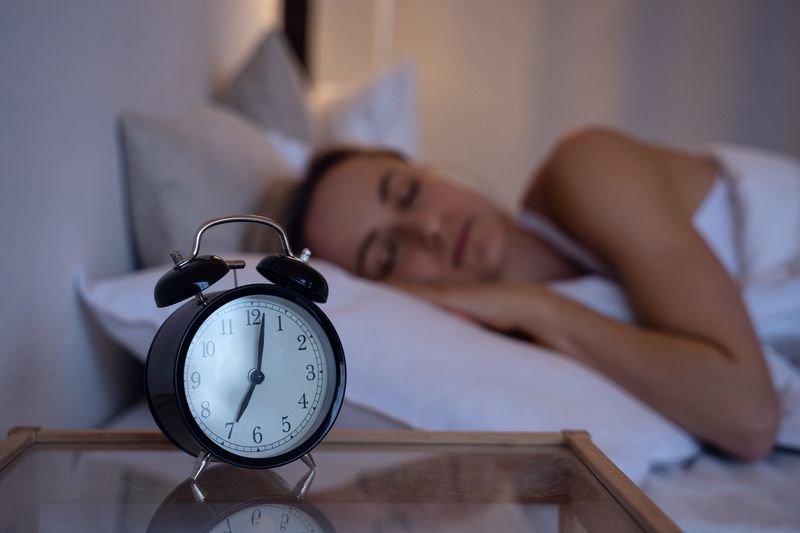
Planning a quick 30-minute power nap? Good luck with that after a long flight. Exhausted bodies don’t wake up on schedule – they crash hard and sleep deep.
What starts as a brief rest easily turns into four or five hours of heavy sleep. By the time you finally wake up, it might be evening or even nighttime.
Now you’re wide awake at midnight, staring at the ceiling while everyone else sleeps peacefully. Your whole schedule gets flipped upside down.
5. You Miss Your First Impressions of the Destination
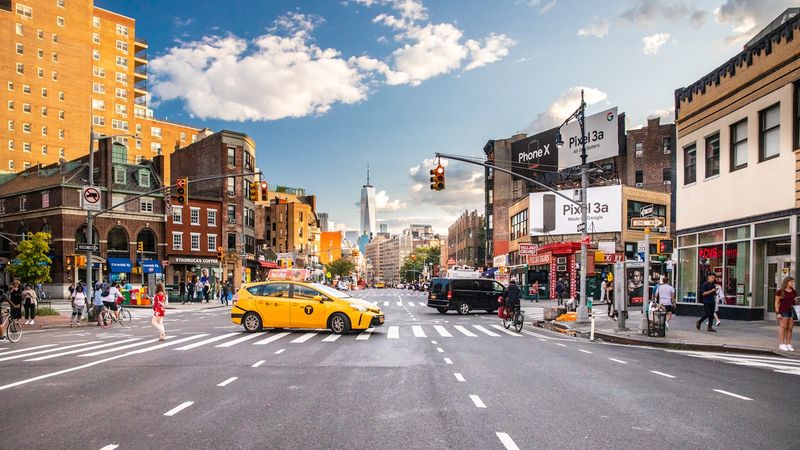
There’s something magical about those first few hours in a new place. The unfamiliar sounds, different smells, and unique energy create memories that last forever.
Sleeping through your arrival means missing out on that special feeling of discovery. Local cafes, street performers, and neighborhood charm all wait outside your hotel room.
Years later, you’ll remember that first walk through the streets much more clearly than any hotel room nap you ever took.
6. It Disrupts Meal Timing
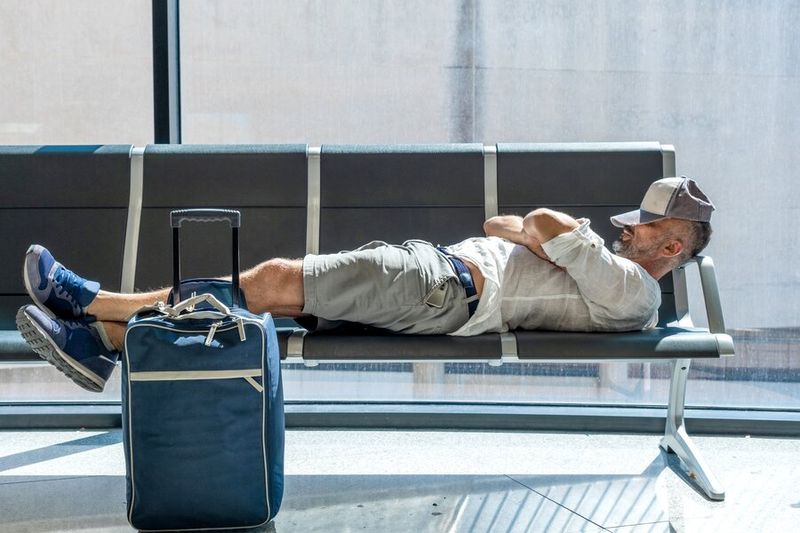
Food plays a surprisingly important role in setting your body’s internal clock. Regular meal times help signal when you should feel alert or sleepy.
Napping through lunch or dinner throws your metabolism completely off track. Your digestive system gets confused about what time zone it’s supposed to be in.
Eating at local meal times, even when you’re not super hungry, helps your entire body adjust to the new schedule much faster than sleep alone.
7. Movement Helps With Circulation
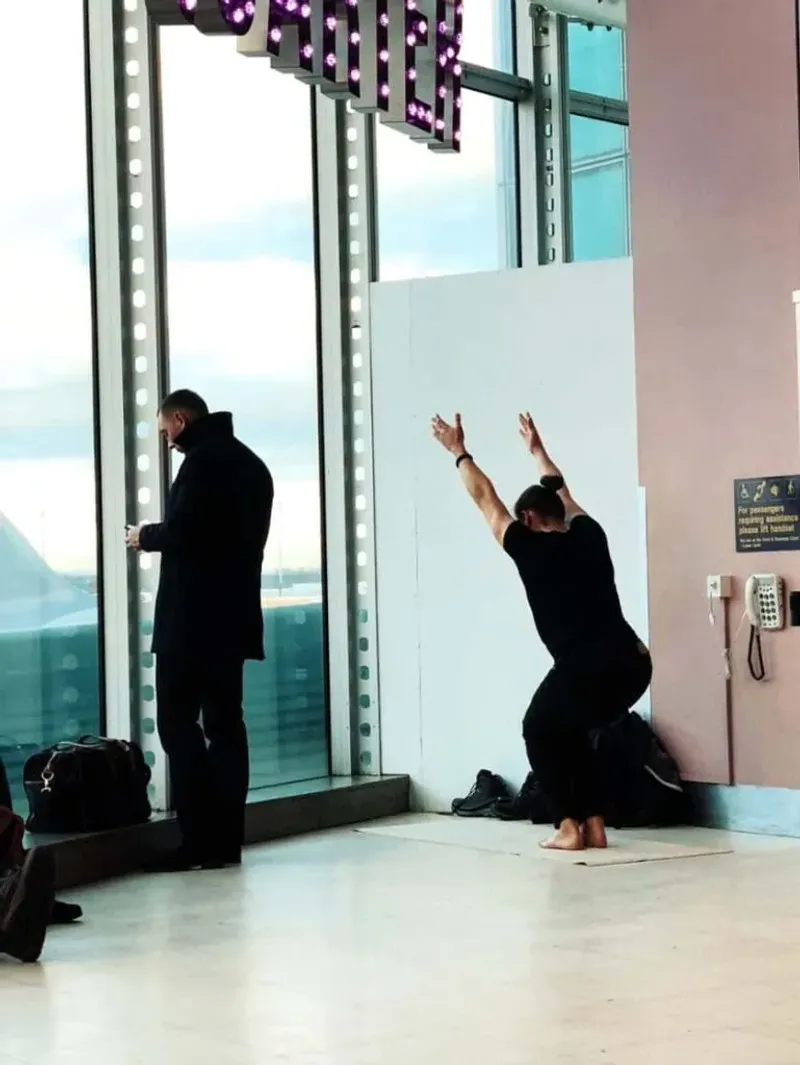
Sitting still for hours during your flight leaves your blood moving slowly and your muscles feeling stiff. Your legs and feet probably feel swollen and uncomfortable.
Gentle movement gets everything flowing properly again. Even a slow walk around the block helps reduce that puffy, achy feeling in your lower body.
Light stretching or exploring nearby streets works much better than lying still in bed. Your body craves movement after being cramped up for so long.

